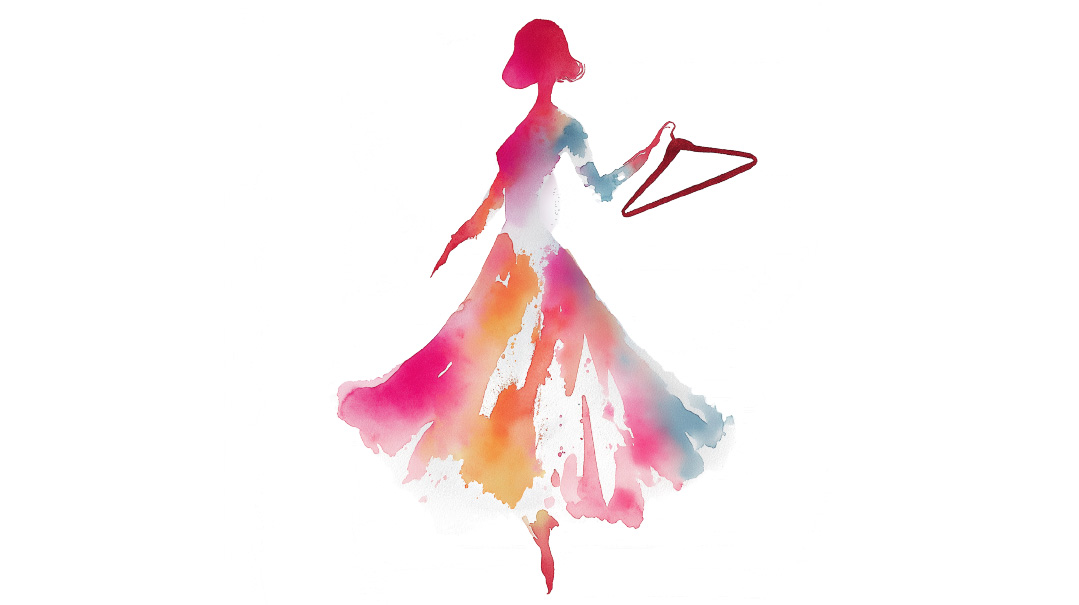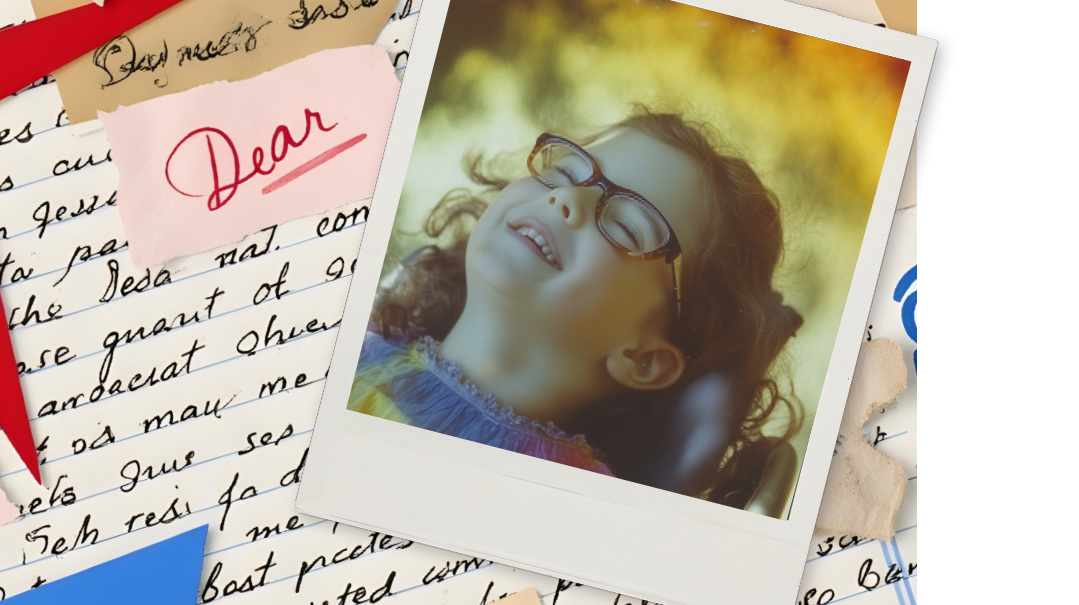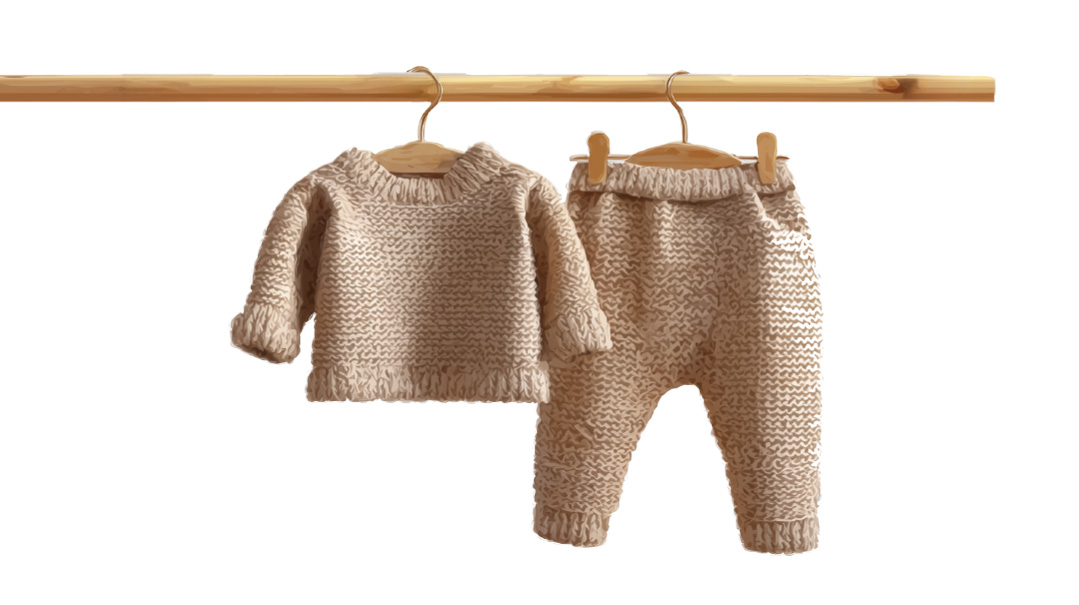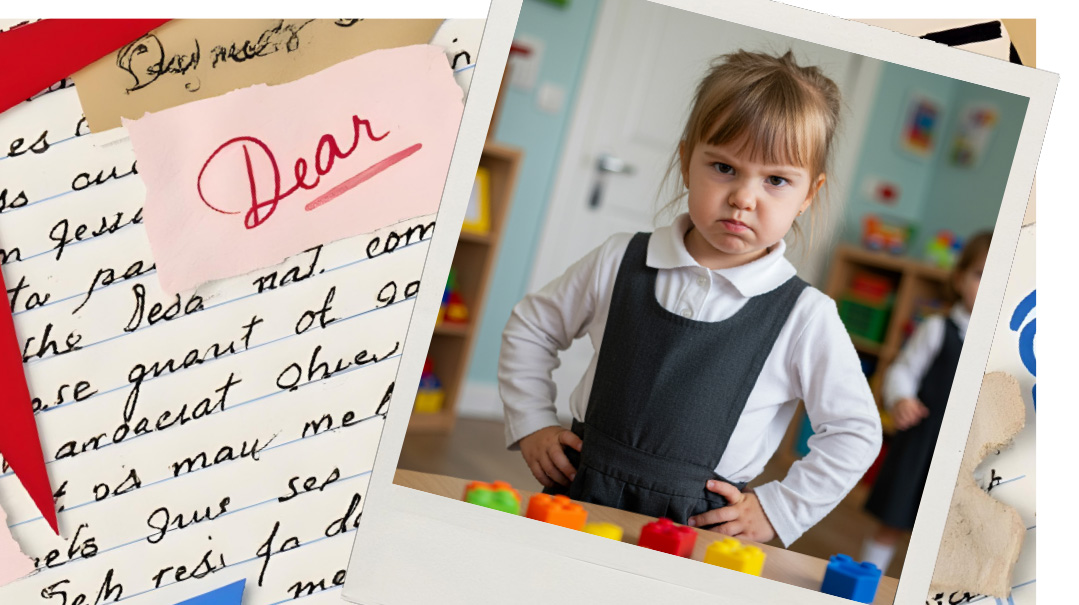Flash Fiction Challenge
| August 22, 2023Can you tell a tale in under 1,000 words? Three writers accept the challenge
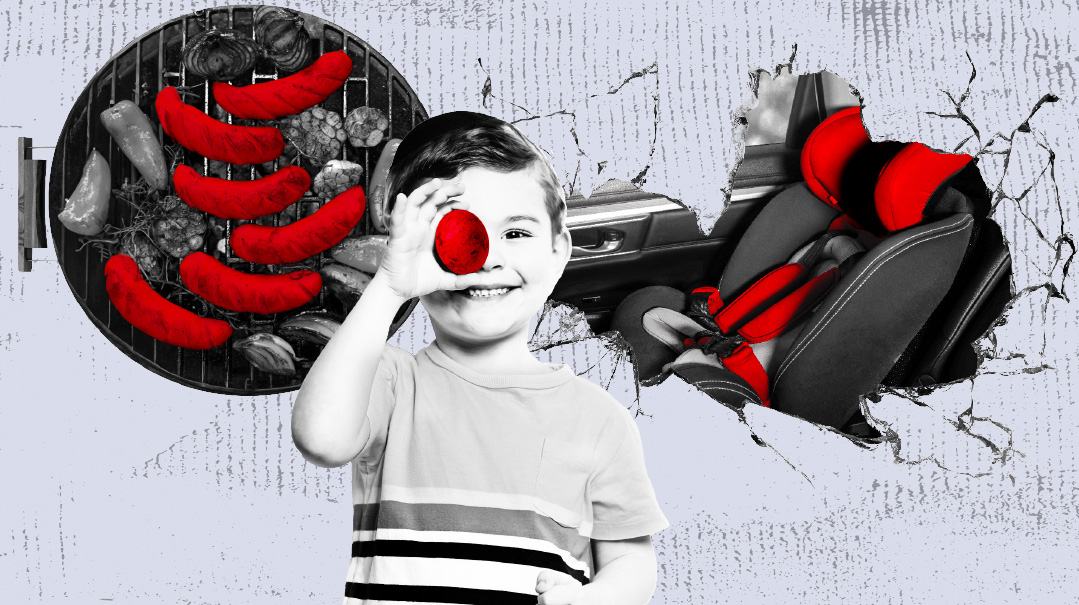
Cookout
Rachel Newton
I
swipe a hot dog while no one’s looking.
“No you don’t!” Ma taps the back of my hand with oily tongs. “Those are for the kids.”
I grin at her while tucking it into a bun and slathering ketchup all over it.
“I’m your kid. When are you gonna sit down, Ma? The men are on the last burgers now.”
She promises to come soon (which means only after everyone else is happily full), so I pad back to my chair and tackle my hot dog.
“So cool everyone could make it!” Chaya’s digging into a bowl of salad. Well, good for her.
I close my eyes and mm-hmm, partially to Chaya but mostly because the crunch of char and the tang of garlic against the soft, soft white bun; this is what summer tastes like—
“Shosh!” Someone’s elbow knocks mine and my eyes pop open.
“Adina, shhh. I’m eating,” I say with my mouth full because it’s only my baby sister, and soon the kids are going to come running around the side of the house, ravenous after kicking a ball around with Ta.
“Everyone here?”
I nod and swallow. “All here.”
Chaya looks around — the five men sweating and laughing over at the grill, Ma fussing over plates and drinks, Adina and Miriam and Esty and me….
“Where are Eli and Sarah?”
/For want of a nail the shoe was lost/
No one told Eli about the family barbecue.
We have no clue how it happened, words going round and round — but I said you should text him, no, Chaya was going to talk to Sarah anyway about babysitters, Ta said he thinks he told Eli before Shabbos, we didn’t finalize on the family chat? — our excuses like balloons, air leaking out of them as we look at each other and know it’s too late.
The flavors on my tongue forgotten; all I can taste is ash.
Eli and Sarah. Of all of us, why them?
“I’ll call him,” I say, and put my half-eaten hot dog down to go into the bungalow for privacy.
I wash my hands and stand opposite the fan. Cool off, think.
“Eli? Hi, it’s Shosh, what’s up?”
Here’s the thing. You can say this was kind of impromptu, really nothing major, just a casual get-together, we haven’t even started yet—
And still there’ll be those horrible beats of silence and too many angry questions.
I trudge through the grass and tell everyone that no, Eli and Sarah aren’t coming.
/For want of a shoe the horse was lost/
We pretend to enjoy ourselves, and we act well. It’s enough that Ta and Ma are so upset — Ma hiding it behind flurries of organization, Ta insisting that she sit down! Eat a little something! Drink!
We’re done with the blaming.
Eli was always the type to take things the wrong way. You can’t always see it when you’re kids, sometimes you think if only you all tried a little harder, if only he enjoyed something — shul, school, home, then he’d be less angry.
Then he left yeshivah and got a great job, and we all sighed in relief when he announced that he was getting engaged, and we really, really thought Sarah was an amazing girl.
So okay, her family background wasn’t something we were used to, but we adapted. With Eli that’s what we always learned to do.
The other thing I’ve learned, though, is that people don’t get over inferiority complexes easily. We need to pay Eli and Sarah extra attention. Ta and Ma give them more expensive gifts than any of us receive. They have top priority when it comes to Shabbos invitations.
It works most of the time.
But by Tuesday, when both Eli and Sarah haven’t answered or returned my calls, the feeling in the pit of my stomach tells me that this isn’t going to blow over easily.
Then they leave the family chat.
/For want of a horse the rider was lost/
Everyone thinks I’m crazy, doing the long drive back into the city. But they also know that if I can’t get through to Eli, no one can.
There’s a chance. Sarah is up in the country with her mom while Eli joins her for weekends, which means he’ll be alone now.
His car is in the driveway, so I take the box from the passenger’s seat, and rap on the door.
“Shosh?” For a minute or two I think that’s it, we’re over the worst, but when Eli’s eyebrows lower after the initial startled look, he makes no move to let me in; he crosses his arms across his chest, locking me and my explanations out.
“Eli, please.” If I have to beg, I will.
Nothing.
The tears sting as I get behind the wheel, Eli’s favorite foods that I painstakingly prepared — sticky chicken nuggets, roast potatoes — sitting forlornly on the front step.
/For want of a rider the battle was lost/
The Sunday after Shabbos Nachamu, I’m at makeup and take a second to text Eli just one more time.
We’re late. The photographer said we should be at the hall by seven but I need to drink in the sight of my son (where did my baby go?) in a hat and suit, even though I’ve seen him trying them on maybe once or twice or 14 times already.
This, though, is real.
I tear up when we leave, and I tear up when my son speaks, tear up when Ma tears up and we’re all reminiscing my parenting journey and trying so hard not to think about Eli’s bar mitzvah, and trying even harder not to look at Sarah’s empty seat, and check behind the mechitzah to see if maybe…? Our hopes die in torturous increments.
Appetizers. Entrée. Dessert.
/For want of a battle the kingdom was lost/
What could we have done differently?
Should we give up?
Can we?
/And all for the want of a horseshoe nail/
The Hero
Penina Steinbruch
E
ven as I heft the fire extinguisher through the back window, as the glass shatters, and noise and commotion fill the previously quiet street; even as I am singularly focused on getting to that motionless baby in the back seat, praying it’s not too late, there’s this quiet voice in the back of my mind I can’t quite ignore. Now’s your moment. You will finally be a hero.
I’m vaguely aware of the sounds of people running toward the ruckus I’m creating, the car alarm going off, but I have to get to the baby. I’d intentionally broken the window farthest away so I didn’t hurt her with flying glass. But now as I maneuver my hand through the window to open the door, and crawl across the seat to get to the infant carrier, I see how waxy and white the hand sticking out from under the blanket is and wonder if that wasn’t a mistake. Maybe I’d wasted precious seconds.
I throw off the blanket, and fumble to open the buckle. Realizing she isn’t buckled, I grab at her, a prayer on my lips. But she’s too light. She lifts too easily.
In one humiliating fraction of a second, I realize I’ve just broken into a stranger’s car to rescue a doll.
All I want is to disappear, to disintegrate into the air around me. But I’m surrounded by people. There’s a woman in front of me looking flustered — she must be the car owner. I scamper out of her car as fast as I can, placing the doll I’d grasped to my chest back in the infant seat.
“I’m so sorry. It was so stupid of me to let my daughter leave her doll in the baby seat.” Her expression keeps changing, like she can’t decide to laugh or cry, which is understandable considering I just broke her window. “I mean, thank you so much. If that had been my baby, you would have saved her life.”
A bunch of men are slapping me on the back, “Shkoyach, shkoyach. You couldn’t have known — toys today look so lifelike.” Is it my imagination or is there a mocking tone to their voice? I just want to get away from there, break away from the crowd, when someone in an orange Hatzolah vest asks if he has my permission to treat me.
Treat me? For heaven’s sake, what do I need treatment for? Unless there’s something in his medical bag that can cure public mortification. I look at him like he’s lost his mind. His response is a slightly apologetic look as he points his chin at the inside of my right arm.
My shirt, ripped from the wrist to the elbow, is soaked with blood. There’s a matching rip down my arm, and blood is slowly dripping, making small red dots on the pavement. Amazing.
Not only am I not a hero; once more, I’m the victim.
Bird-to-Be
Ora McCarthy
IT
was June when Davey found the egg, a sweaty June that made him wish more than usual that he was a bird. In math and science, he pictured soaring through the classroom window, forcing the air to move. All the long way home he imagined swooping high over the endless road, shortcutting all the annoying bits. And then he nearly stepped on the egg.
It must have fallen from a nest in the nearby shrubbery, but it hadn’t cracked, and when he picked it up, Davey thought for a moment that he felt something move inside. It seemed to him a waste for something that could be a bird not to be, so he turned round and went back to school, and asked Mr. Lewis if he could put it in the incubator they’d used to hatch ducklings earlier that year.
Mr. Lewis considered him and the egg, and Davey thought his dismal record would count against him, but the incubator was sitting empty, and in the end the biology teacher shrugged and said sure, but he’d have to keep a diary of the process. So Davey put it in the box and Mr. Lewis helped him set the heat and humidity. Then, mindful that the bird-potential was at the mercy of his diary keeping, he wrote in the back of his biology notebook (it was June but most of Davey’s book was still empty), “I found an egg and Mr. Lewis said I can hatch it in the incubator and we put it in and set the temperature to 99.5 degrees and the wetness number but I don’t remember how much, though I told Mr. Lewis it’s probably wet enough without a machine but he said we’d better make sure. Also we didn’t know what kind of egg it was ’cuz Mr. Lewis said it doesn’t look like any of the eggs he knows off by heart but he will look it up in his bird book, but we just set it like a chicken egg for the meantime. He said maybe it isn’t right and maybe it will kill the bird-to-be, but I said we’d better try because otherwise there for sure won’t be any bird.”
Then, very proud of “bird-to-be,” which he thought added a sophisticated poetic touch, and suddenly aware of how very late he’d be home, he left.
At home there was Blacky, the puppy he was trying to raise, though he seemed determined to raise himself, and Piers and Lexi, who were smaller than Davey but laughed at him whatever the occasion.
June proceeded just as muggy as it had begun, and Davey’s bird dreams became more fervent as his grades kept their habitual dismal low and summer school loomed inevitable. Now they had the added deliciousness of being nearly tangible, with a very real almost-bird in his care, a potential for flight-by-proxy. The teachers didn’t appreciate this, especially Mr. Lewis, who seemed to feel almost betrayed, but Davey kept up the diary so he couldn’t go back on his end of the deal. When he stayed after school to take care of the egg with Mr. Lewis, though — adding water, rotating the egg faithfully and changing the humidity settings 18 days in — his teacher seemed mollified. They never did find what kind of egg it was, though Mr. Lewis said it was probably a heron of some kind, or maybe a pelican, because the egg was pretty big, he estimated three inches long. “But he said he hopes it’s a pelican because wouldn’t it be interesting to see a baby bird hatch with that funny bill,” Davey wrote in his bird diary, which now occupied more space in his notebook than all his biology notes from the year, “but I sure hope it isn’t because they’re supposed to hatch in 28 to 30 days and this one hasn’t.”
Mid-June arrived and with it vacation, which meant summer school, more bird dreams, and Blacky finally and decisively letting Davey know he wasn’t interested in being coddled. In fact, he let Davey know so firmly; he went over to Piers and Lexi and all three of them laughed at Davey now. Once Davey’d been the big brother; once he’d fed Blacky from a bottle, and now he was small in front of them. But his bird — that would be something. He would take care of it, something small and flight-y and fragile that he, he! would raise. Something worthy.
As June melted into sultry July and July dripped on, Mr. Lewis put a hand on Davey’s shoulder and told him he reckoned the bird hadn’t made it and maybe they’d better candle the egg and check if there was a heartbeat. So they held it up to a bright torch and there was a definite heartbeat; the bird-to-be was alive! Davey celebrated that afternoon. Mr. Lewis looked at the heartbeat for a long while and said he couldn’t for the life of him guess what bird this was that had such a big egg but took so long to hatch, but it sure as eggs had a heartbeat, so okay then. Let it surprise us.
All summer long Davey slogged over his books, and he got the notion that when the egg hatched, he would be free. Somehow his release was tied to that little bird; when it spread its wings he would, too. He would soar, and he would nurture something precious, and he would be a success.
Everything, everything depended on that bird-to-be making it.
August came and they candled the egg again. It was still alive. Some surprise this is going to be, Mr. Lewis said.
And it was.
Almost two months after he’d picked it up, Davey arrived in the lab one morning to find the egg broken to pieces. There, sunning itself under the heating element and snapping its tiny jaws, was a baby alligator.
(Originally featured in Family First, Issue 857)
Oops! We could not locate your form.

